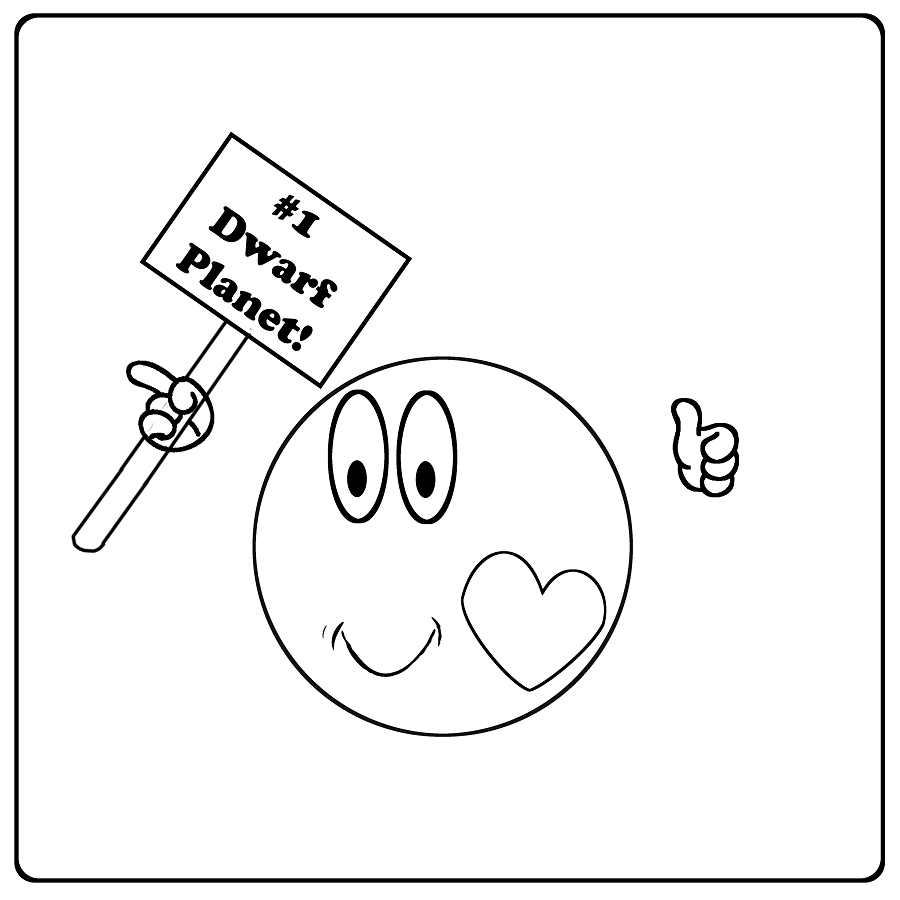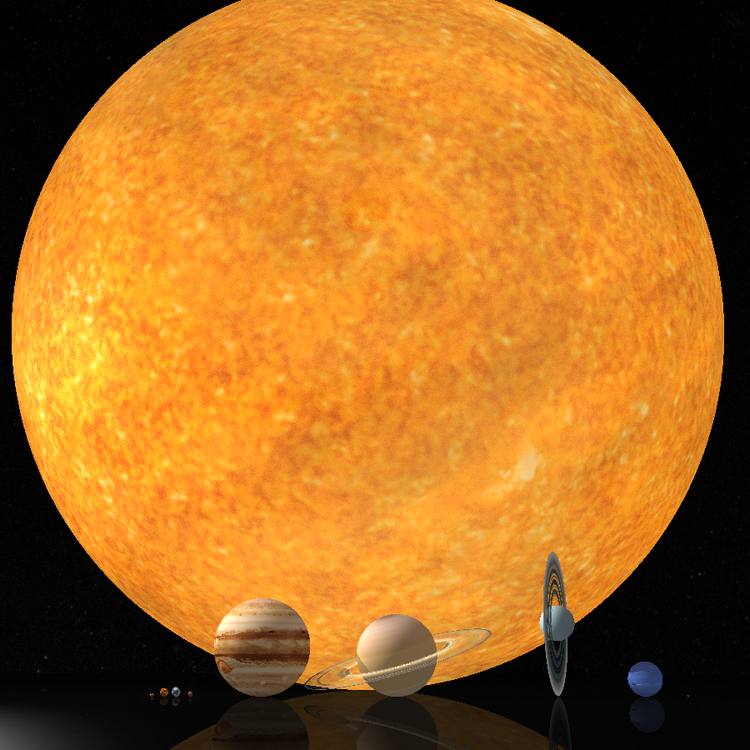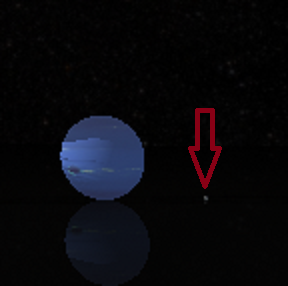
This one might be a long one, but hopefully worth the read. Good things come to those who wait… or in this case, read for a long time.
To answer this question, we have to ask two other questions:
- Why do we give things names?
- And how do we define the word Planet?
The answer to the first one is somewhat easy; we give things names to classify them so that other people will know what we’re talking about when we say the word. For instance, when we say the word fruit, it lumps in all the different fruits across the globe. Even though all of the types of fruit individually are unique, they all share certain characteristics and they share the same botanical definition: a fruit is a seed-bearing structure that develops from the ovary of a flowering plant. This definition brings all the different fruits under one roof and allows us to label them as a family.
The problem with the word planet was that until recently, we didn’t have a very good definition of what a planet actually was. Most of us that grew up between the 1930’s and the early 2000’s learned that there were 9 planets, so the amount of heat that has been generated on the topic is understandable. When an idea or concept that you learned as a child is changed or learned to be false, it can be very upsetting mentally.
But if you look at a bit larger perspective in terms of the definition of the planet it becomes a bit more understandable. The word planet comes from the Greek word ‘planetes’, which means “Wanderer”. Even before we understood the concept of optics or had telescopes to observe the night sky, people knew that there were objects in the sky that did not travel in the same paths as the stars and “wandered” on their own paths. We had 7 of these wandering objects that were visible to the naked eye: the Sun, the Moon, Mars, Mercury, Jupiter, Venus, and Saturn. These wanderers were of such significance that we established our whole calendar system on them; it is where our days of the week come from. But it is important to note that at this point in history, anything that moved independently of the stars was considered a “wanderer”.
As we got more sophisticated as a species and developed optics and telescopes, we discovered more objects in the heavens that move independently of the stars. We also found out a lot more about these wanderers in the night sky. For example, we found moons around Jupiter which traveled their own paths and rings around Saturn. We were also able to identify even more wanderers: Uranus, Neptune and another planet named Ceres that exists between Mars and Jupiter.
That’s right, Ceres was at one point considered a planet as well, until more research was done and found that it didn’t quite fit in the same category as the other planets. Ceres would eventually be the first of what was later defined as an asteroid.
Then, in 1930, Pluto was discovered beyond the orbit of Neptune but we didn’t know much about Pluto at the time. As we’ve gotten more and more sophisticated in our measurements we’ve found that in many, many ways Pluto is unique, especially in regards to size. Pluto is very small.
A year or so back, I had put together a size comparison of the planets and posted in on a few websites. It looked something like this:

I got a decent amount of backlash from people saying that I forgot Pluto and a bunch of people saying negative things (I am guessing in jest), about me leaving out Pluto from the picture. The thing is… I didn’t. It’s there. Let’s zoom in:

That pixel is Pluto. Pluto is tiny, it is smaller than our own Moon. And while we’re on the topic of moons, Pluto’s own moon Charon, is about half the size of Pluto. For a period of time, scientists considered that there was a Pluto-Charon planetary system instead of a planet and a moon; they called Charon a binary planet. Charon doesn’t orbit Pluto because their masses are so similar. They both orbit a space between them.
In addition to this, we started finding other icy bodies similar to Pluto beyond Pluto’s orbit, such as Eris and so began the confusion on what a planet was or wasn’t. In 2006 the International Astronomical Union (IAU) met to decide on a scientific definition for planets. The IAU decided that for a celestial body to be a planet, it needed to satisfy 4 criteria:
- Is in orbit around the Sun.
- Has sufficient mass for its self-gravity to overcome rigid body forces so that it assumes a hydro-static equilibrium shape (basically saying it’s essentially round).
- Has cleared the neighborhood around its orbit (basically saying it has gotten rid of debris, asteroids etc in it’s orbital path around the sun).
- Is not a satellite (not a moon of another planet).
And so we now have a scientific definition of what constitutes a planet. Does Pluto meet the definition? Pluto does orbit around the Sun, albeit a very long orbit. It is round. But it is the third element that Pluto fails; Pluto has not cleared the neighborhood around its orbit. Because it met two of the three criteria the IUA had to come up with a new term for it and the other’s we had discovered out past Neptune like it. As a result, they came up with the term Dwarf planet, which was defined as an object that:
- Is in orbit around the sun.
- has sufficient mass for its self-gravity to overcome rigid body forces so that it assumes a hydro-static equilibrium shape.
- Has not cleared the neighborhood around it’s orbit.
- Is not a satellite.
While it’s very understandable that people might be upset at the fact that their beloved 9th planet is no longer defined as a planet, its is important to find the silver lining. Scientists recognize Pluto for how unique it is compared to the other planets in the solar system and named it as the first of its kind to acknowledge how special it is.
The more you learn about Pluto the more you realize how truly unique it is. Stay tuned for a future article on just how unique Pluto is.

Further info and links:
IAU page on Pluto
